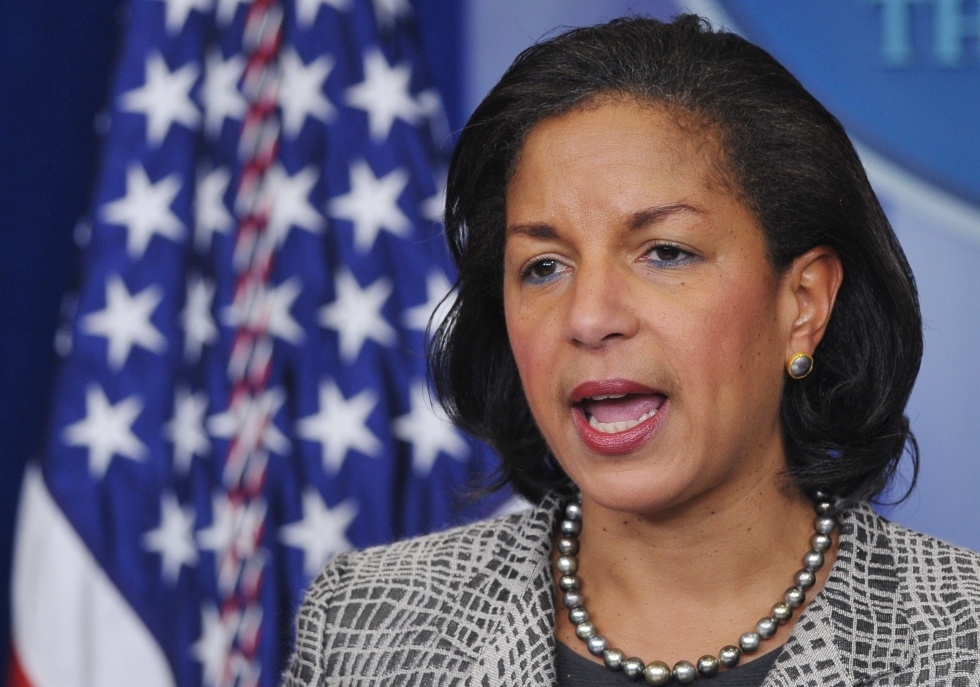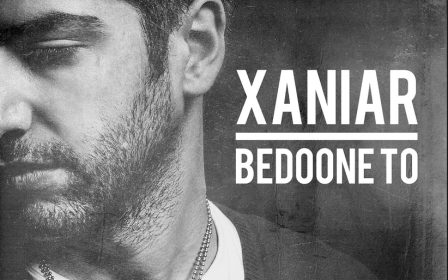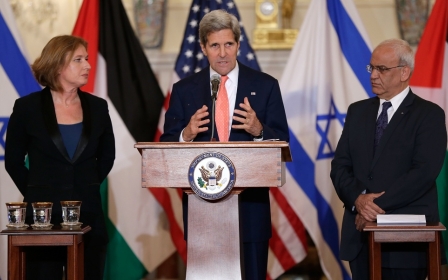Rice to visit Israel ahead of Iran nuclear talks

US National Security Adviser Susan Rice will head a delegation visit to Israel on 8 May, days before the next round of Iranian nuclear talks kick off in Vienna.
The delegation to Israel will include senior representatives of the State Department, White House, Defence Department and intelligence community, as well as Under Secretary of State for Political Affairs Wendy Sherman, who heads talks with Iran.
Rice's discussions are expected to focus on the Iranian nuclear program, Egypt and Syria, with Israeli National Security Adviser Yossi Cohen spearheading the talks on the Israeli side.
The fourth round of talks between Iran and the international negotiation partners known as the P5+1 - the US, Russia, China, the UK, France and Germany - is set to begin in Vienna on 13 May. The talks are expected to last about four days and will focus on drafting the articles of the permanent nuclear agreement with Iran. The terms of the agreement are meant to substantially reduce Iran’s nuclear programme, in return for the lifting of international sanctions.
The delegation’s visit comes in the wake of the unsuccessful peace negotiations between Israel and the Palestiniansm which collapsed last month. Rice has been a leading sceptic regarding the prospects of US-led peace talks that were supposed to encourage Israeli Prime Minister Netanyahu and Palestinian President Mahmoud Abbas to reach a deal.
New MEE newsletter: Jerusalem Dispatch
Sign up to get the latest insights and analysis on Israel-Palestine, alongside Turkey Unpacked and other MEE newsletters
Rice has since been instrumental in persuading the administration to declare a time-out in the peace talks.
Tensions between the US and Israel have been high in recent months, with Israel vocally annoyed about America's warmer relations with long time foe Iran. More recently Tel Aviv expressed outrage over US Secretary of State John Kerry's comments that Israel was in danger of becoming an apartheid state.
Israel sees Iran and its nuclear programme as an existential threat to its existance and relations with the two countries are extremely tense. On Saturday news reports also revealed that an Iranian censor had banned phone messaging program What'sApp because it was owned by an "American Zionist" referring to What’sApp purchase by Facebook founder Mark Zuckerberg.
The ban which was announced by the secretary of the Committee for Determining Criminal Web Content, Abdolsamad Khorramabadi, triggered an open row with the government.
"The government is completely against the ban on What'sApp," Communications Minister Mahmoud Mehr told the state news agency IRNA.
In 2009, the disputed re-election victory ex-President Mahmoud Ahmadinejad's sparked off massive protests that gained momentum with the help of social media users. Twitter and Facebook have been banned since although users can still access the site's via proxies.
Middle East Eye delivers independent and unrivalled coverage and analysis of the Middle East, North Africa and beyond. To learn more about republishing this content and the associated fees, please fill out this form. More about MEE can be found here.



